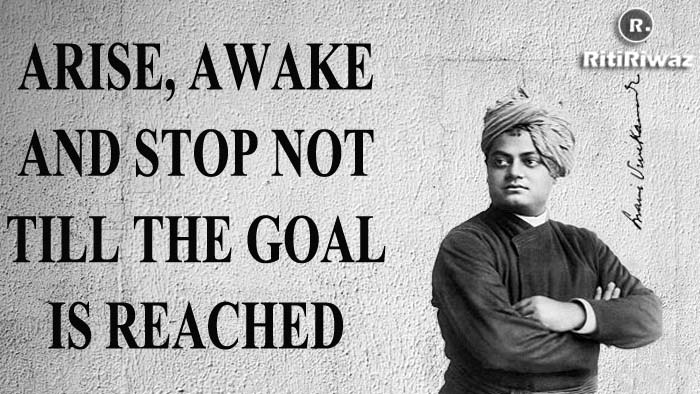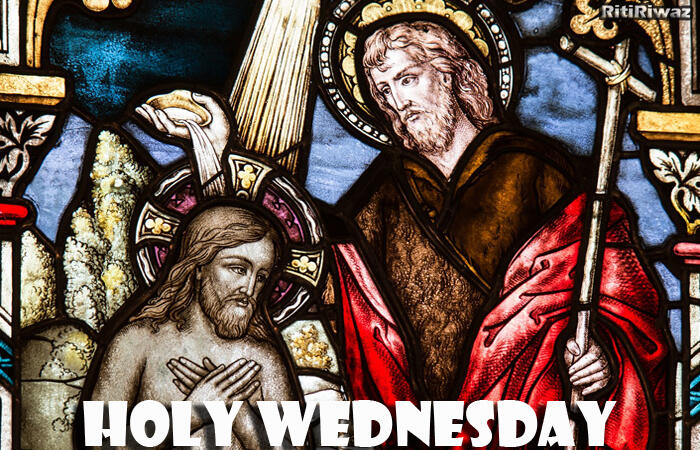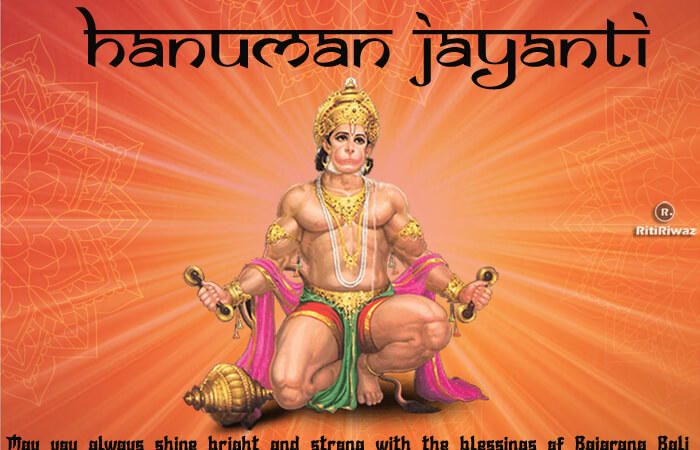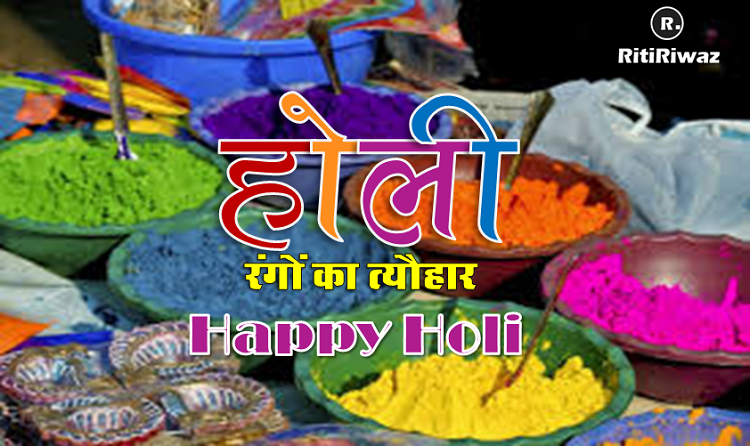Birthday of Swami Vivekananda – National Youth Day

Swami Vivekananda was an Indian Hindu monk, a chief disciple of the 19th-century Indian mystic Ramakrishna, he was lauded for his visionary and lyrical embrace of the validity and unity of all religions. He went on to introduce Hinduism and the practices and principles of yoga to the West.
Early life
Swami Vivekananda, known in his pre-monastic life as Narendra Nath Datta, was born in an affluent family in Kolkata on 12 January 1863. His father, Vishwanath Datta, was a successful attorney with interests in a wide range of subjects, and his mother, Bhuvaneshwari Devi, was endowed with deep devotion, strong character, and other qualities.
A precocious boy, Narendra excelled in music, gymnastics, and studies. By the time he graduated from Calcutta University, he had acquired a vast knowledge of different subjects, especially Western philosophy and history. Born with a yogic temperament, he used to practice meditation even from his boyhood and was associated with Brahmo Movement for some time.
With Sri Ramakrishna
Narendra’s first introduction to Ramakrishna occurred in a literature class at General Assembly’s Institution when he heard Professor William Hastie lecturing on William Wordsworth’s poem, The Excursion. Sri Ramakrishna saw in the rebel Narendranath a true man, a spiritual hero who was not content to believe in the beliefs of others but was determined to experience Truth for himself, who could convince others of the Truth revealed to him, and who was prepared to single-handedly challenge all old beliefs and superstitions.
Narendra started accepting Ramakrishna as his spiritual teacher. He remained with Ramakrishna till Ramakrishna’s death in 1886. In the five years since 1882, he closely observed Ramakrishna and took spiritual teachings from him.
Vivekananda considered Ramakrishna as an incarnation of God. In a letter in 1895, he wrote that in Ramakrishna there was “knowledge, devotion, and love — infinite knowledge, infinite love, infinite work, infinite compassion for all being“.
Also Read: Swami Vivekananda Inspirational Quotes & Thoughts
National Youth Day is celebrated in India on 12 January on the birthday of Swami Vivekananda. National Youth Day is observed all over India at schools and colleges, with processions, speeches, recitations, music, youth conventions, seminars, Yogasanas, presentations, competitions in essay-writing, recitations, and sports on 12 January every year. Swami Vivekananda’s lectures and writings, deriving their inspiration from Indian spiritual tradition and the broad outlook of his Master Sri Ramakrishna Paramahansa, are the source of inspiration and have motivated numerous youth organizations, study circles, and service projects involving the youth.
Theme For National Youth Day
The theme of 2025 is “Look unto me in every thought; doubt not, fear not”.
The theme of 2024 was “Arise, Awake, and Realise the Power You Hold”.
The theme of 2023 was “Viksit Yuva – Viksit Bharat”.
The theme of 2022 was “It’s All in the Mind.”
The theme of 2021 was “YUVAAH- Utsah Naye Bharat ka.”
The theme of 2020 was “Channelizing Youth Power for Nation Building”.
The Theme of 2018 was “Sankalp Se Siddhi”.
The theme of 2017 was “Youth for Digital India”.
The theme of 2016 was “Indian Youth for Development, Skill, and Harmony”.
National Youth Festival (India) is an annual gathering of young people associated with National Youth Day. It includes cultural activities of both a competitive and non-competitive nature.






